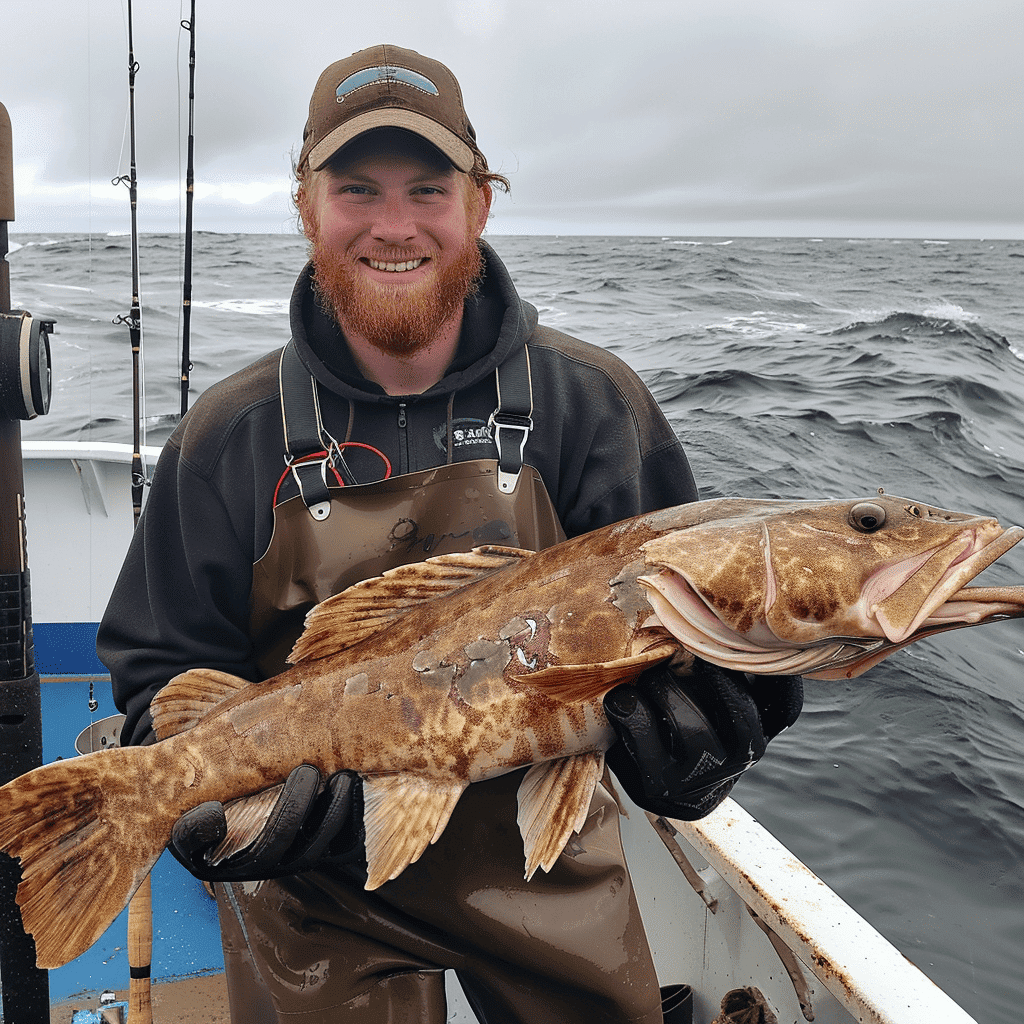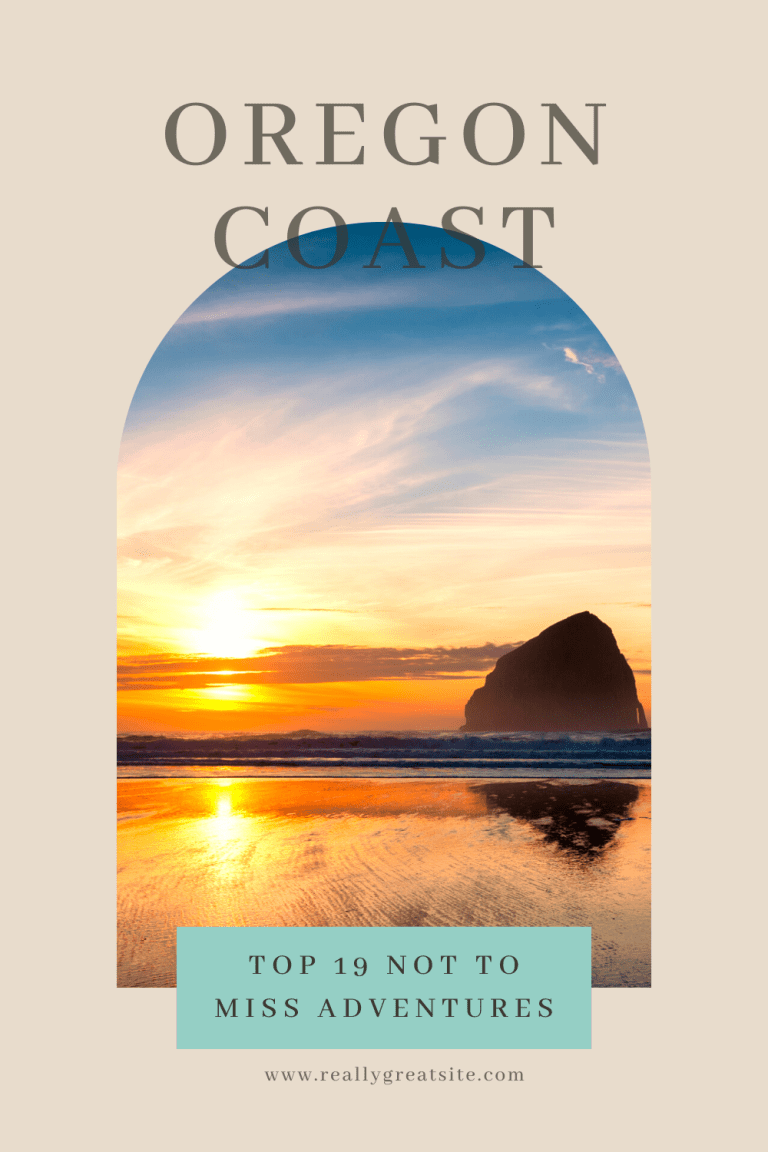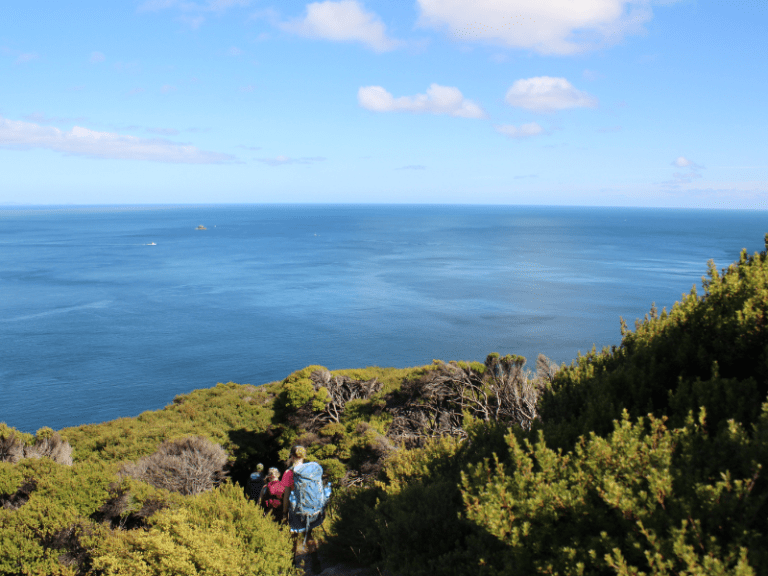Deep Sea Fishing on the Oregon Coast
This post may contain affiliate links. I may earn a small commission at no extra cost to you.
Are you yearning for an adventure that’s as thrilling as it is calming? Deep sea fishing on the Oregon Coast promises an unforgettable experience. Picture yourself battling the mighty waves, casting your line into the deep blue, and reeling in a catch that will make you the envy of all your friends. Ready to dive in? Let's embark on this journey together!
Why Choose Deep Sea Fishing?
Deep sea fishing is not just about catching fish; it’s about the whole experience. From the salty sea breeze to the thrill of the chase, every moment is packed with excitement. The Oregon Coast offers some of the best deep sea fishing spots, making it a haven for both seasoned anglers and beginners.
The Thrill of the Catch
There's nothing quite like the adrenaline rush of feeling a tug on your line. Whether it's a feisty salmon or a hefty halibut, the anticipation of what’s on the other end keeps you hooked. Plus, the Oregon Coast is home to a variety of fish species, making each trip a unique adventure.
A Feast for the Senses
Imagine the sound of the waves crashing against the boat, the sight of the endless horizon, and the smell of the salty sea air. Deep sea fishing is a sensory delight that rejuvenates the soul. And let's not forget the taste of fresh fish – nothing compares to the flavor of a catch you’ve reeled in yourself!
Bonding Time
Deep sea fishing is a fantastic way to bond with family and friends. Whether you’re sharing fishing tips, laughing at each other's mishaps, or celebrating a big catch, these moments create memories that last a lifetime.
Best Spots for Deep Sea Fishing on the Oregon Coast
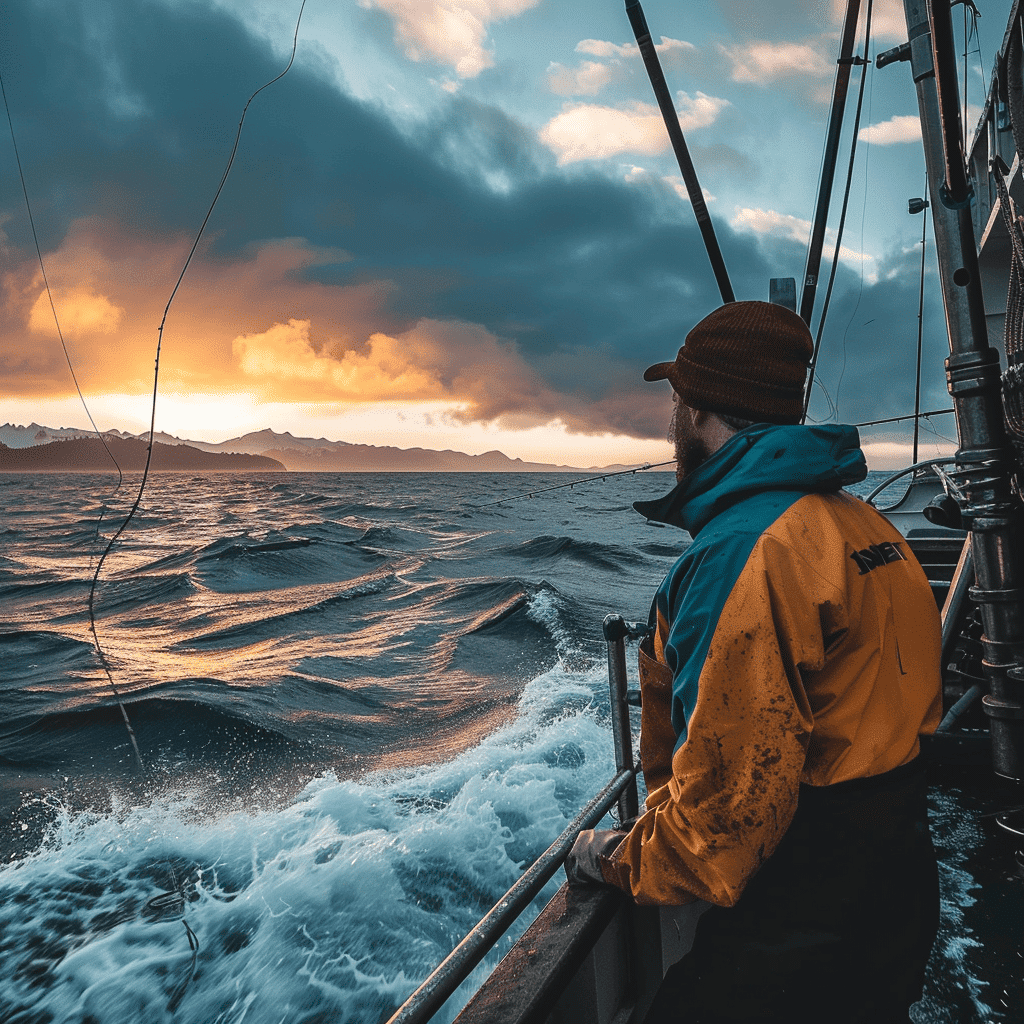
The Oregon Coast boasts numerous excellent fishing spots. Each location offers its own unique charm and a variety of fish species.
Newport: The Fishing Capital
Newport is often hailed as the fishing capital of the Oregon Coast. With its bustling harbor and abundant marine life, it's a dream destination for anglers. The waters here are teeming with salmon, halibut, and rockfish, making it a hotspot for deep sea fishing.
Depoe Bay: The World’s Smallest Harbor
Don’t let its size fool you. Depoe Bay is renowned for its excellent fishing opportunities. Its small harbor leads to rich fishing grounds, where you can catch lingcod, sea bass, and more. Plus, the nearby whale watching opportunities are a bonus!
Brookings: Southern Coast Gem
Brookings, located on the southern coast, offers a blend of beautiful scenery and productive fishing spots. The warm currents here attract a variety of fish, including albacore tuna and bottom fish, making it a must-visit for any fishing enthusiast.
Gear Up: Essential Equipment for Deep Sea Fishing
Before you set sail, it’s crucial to have the right gear. Proper equipment ensures a successful and enjoyable fishing trip.
Fishing Rods and Reels
Investing in a good quality rod and reel is essential. For deep sea fishing, you'll need a sturdy rod that can handle heavy fish and a reel with a strong drag system. Look for rods made from durable materials like graphite or fiberglass.
Bait and Lures
Different fish species are attracted to different types of bait. Live bait, such as squid or anchovies, is often the most effective. However, artificial lures can also be highly successful. Make sure to stock up on a variety of options to increase your chances of a good catch.
Safety Gear
Safety should always be a priority. Ensure you have life jackets, a first aid kit, and a reliable communication device. It’s also wise to check the weather forecast and sea conditions before heading out.
Techniques for a Successful Catch
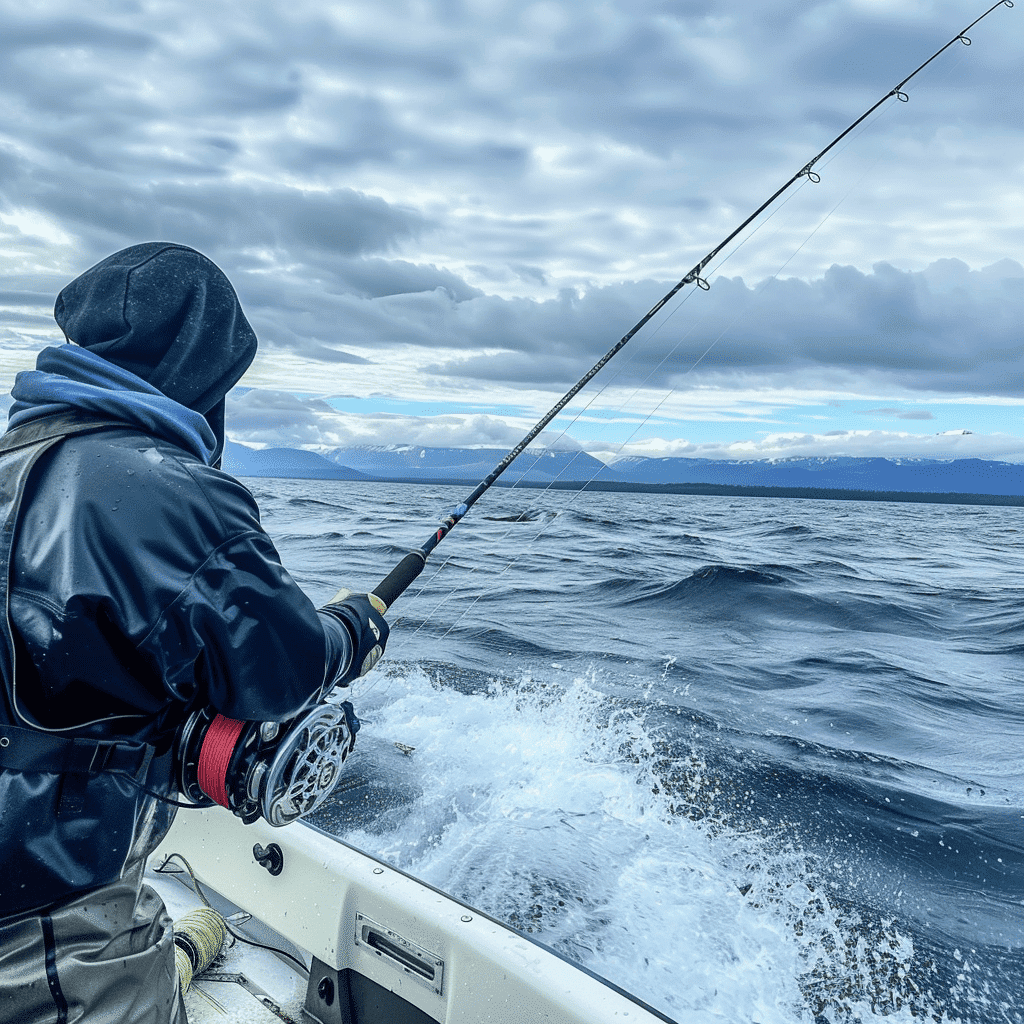
While luck plays a part in fishing, knowing the right techniques can significantly improve your chances of success.
Drifting
Drifting involves allowing your boat to move with the current while you fish. This technique is particularly effective for catching bottom-dwelling fish like halibut. Simply drop your line to the desired depth and let the boat do the work.
Trolling
Trolling is a common method for catching larger fish such as salmon. It involves dragging a baited line or lure behind a moving boat. The movement mimics the motion of prey, attracting predatory fish.
Jigging
Jigging involves repeatedly lifting and dropping your bait or lure to mimic the movement of a wounded fish. This technique is highly effective for attracting species like rockfish and lingcod.
The Best Time to Go Deep Sea Fishing
Timing is everything when it comes to fishing. Knowing the best times to fish can make a significant difference in your success rate.
Seasonal Variations
Different fish species are more abundant at certain times of the year. For example, salmon fishing is typically best from late spring to early fall, while halibut are more prevalent in the summer months. Researching seasonal patterns can help you plan a more fruitful trip.
Tidal Influences
Tides play a crucial role in fishing success. Fish are often more active during changing tides. High tide and the period just before and after it are generally the best times to fish. Check local tide charts to plan your trip accordingly.
Time of Day
Early morning and late afternoon are usually the best times to fish. The lower light levels make fish more active and likely to bite. Plus, fishing during these times allows you to avoid the midday heat.
Deep Sea Fishing Calendar in Newport
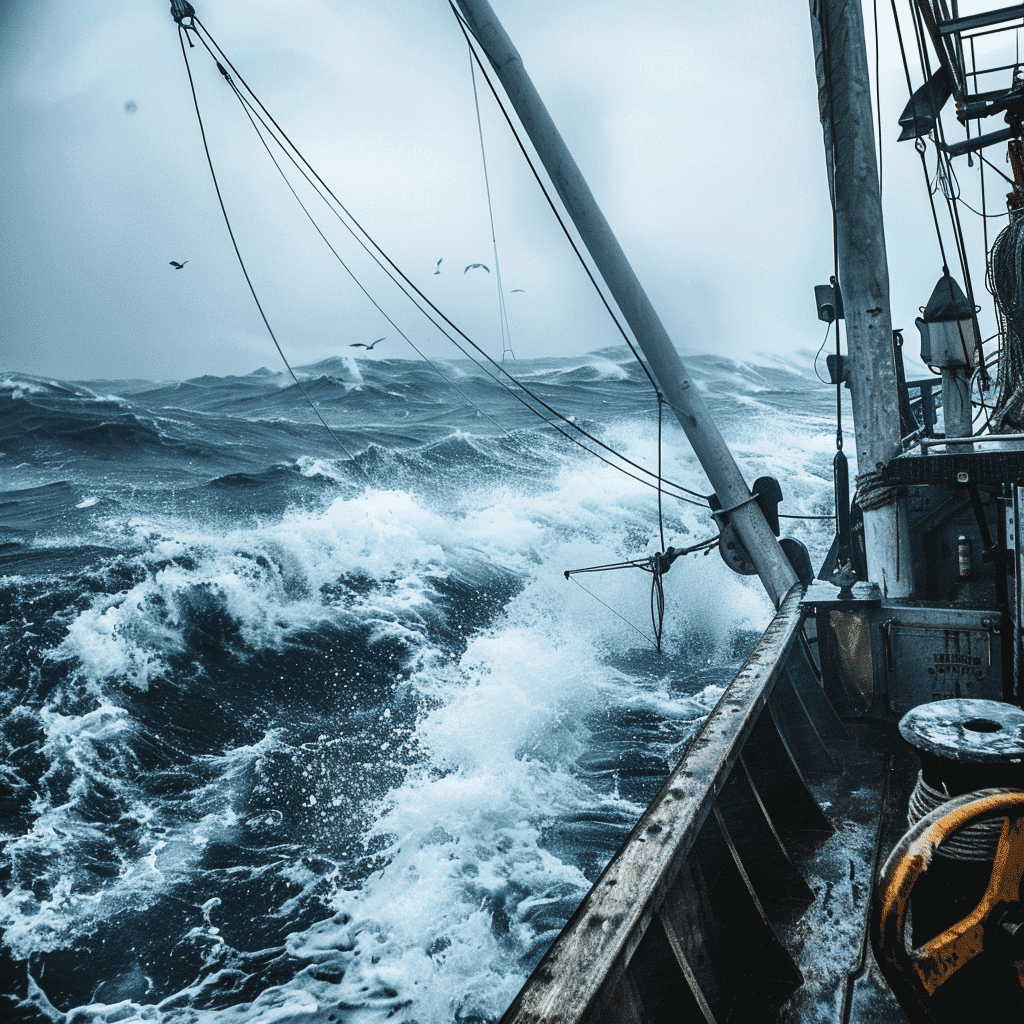
Halibut: The Star of Newport
Halibut is a highly prized catch in Newport, and for good reasons! These fish are known for their strength and size, often weighing up to several hundred pounds. Plus, their meat is delicious and perfect for taking home.
When to Fish for Halibut
The best time to fish for halibut is from May to September, as the season is closed from January to April and October to December. These months provide optimal conditions and the highest chances of a successful catch.
Optimal Fishing Times
Catching halibut is largely influenced by the tides. While it is possible to catch them during low tide, it is generally more effective to fish during high tide when the currents are more manageable and the fish are more active.
Tips for Halibut Fishing
- Equipment: Use robust rods and reels with a strong drag system to manage the size and power of halibut.
- Bait: Effective baits include herring, squid, and octopus. Fresh bait is key to attracting larger halibut.
- Methods: Drifting and bottom fishing are proven techniques for halibut. Ensure your bait remains close to the seabed where halibut are typically found.
Salmon
Salmon, including coho, chum, and chinook, are also popular targets in Newport. The fishing season for all salmon except coho runs from mid-March to the end of October. Coho salmon can be fished from mid-June to the end of September.
- Best Time: Early morning is ideal for salmon fishing, as the fish are more active before the sun gets too intense.
Trout
Trout, particularly brown, rainbow, and cutthroat varieties, are commonly found in Newport. Trout season is open year-round in lakes, but in other bodies of water, it runs from late May to the end of October.
- Best Time: Morning is the best time to fish for trout, as the lower sun reduces visibility for predators like birds.
Tuna
Tuna migrate to Oregon in July and stay until early October. While fishing for tuna is possible outside this period, the chances of success are lower.
- Best Time: Nighttime is best for tuna fishing, as the darkness makes it harder for the fish to see the tackle. This also allows for the use of heavier lines, which can be necessary for deeper waters.
Lingcod and Rockfish
Lingcod and rockfish can be fished year-round, with peak seasons from December to May. These species are less sensitive to the time of day but are influenced by tides. Fishing just before high tide is recommended to keep your bait on the bottom where these fish dwell.
Sustainable Fishing Practices
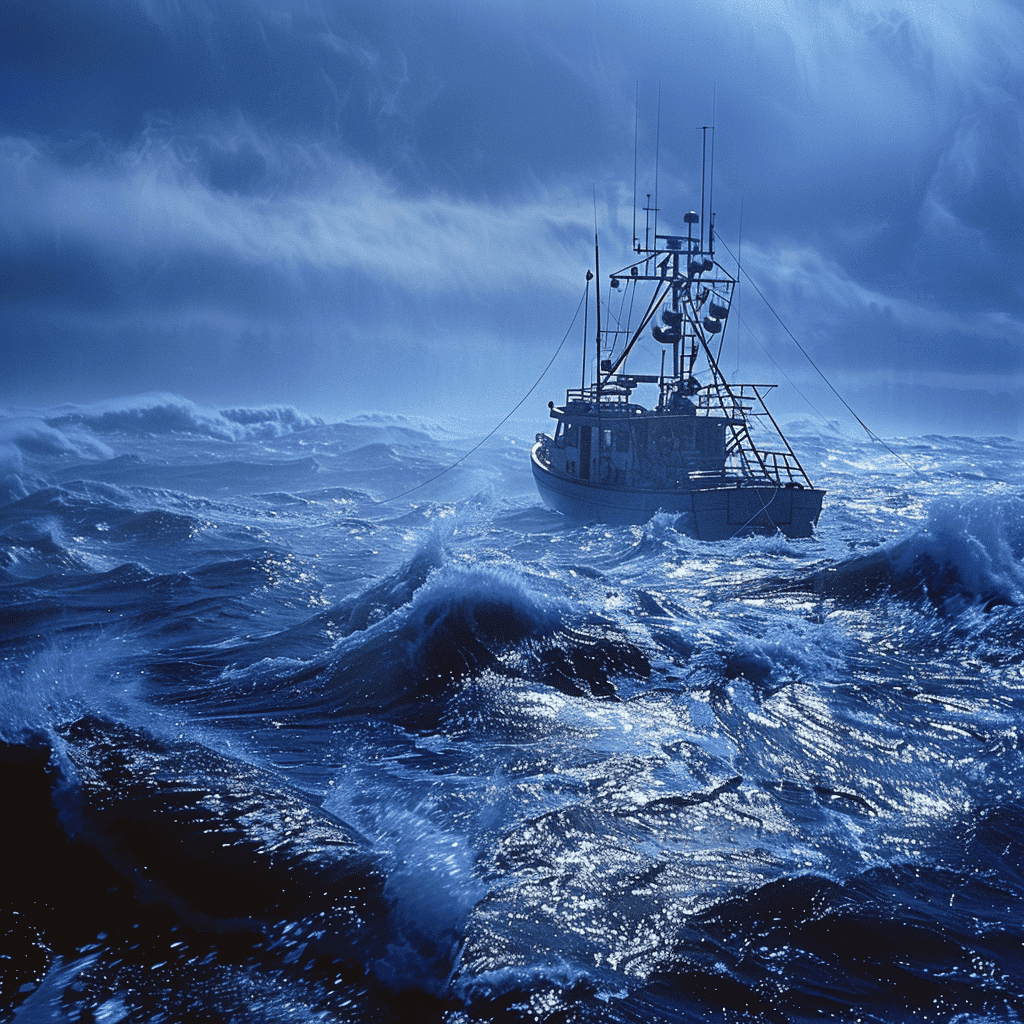
As much as we love fishing, it’s important to do so responsibly to preserve marine life for future generations.
Catch and Release
Practice catch and release for non-target species or when you’ve reached your limit. Handle fish carefully to minimize harm and ensure their survival when returned to the water.
Respecting Limits
Adhere to local fishing regulations and limits. These rules are in place to protect fish populations and ensure sustainable fishing practices.
Eco-Friendly Gear
Use eco-friendly fishing gear and avoid single-use plastics. Recyclable and biodegradable options are available for many types of fishing equipment.
Preparing Your Catch
Once you’ve reeled in that big catch, it’s time to enjoy the fruits of your labor. Properly preparing your fish ensures a delicious meal.
Cleaning and Filleting
Cleaning and filleting your fish as soon as possible preserves its freshness. Use a sharp knife to remove the scales, guts, and bones. Rinse the fillets thoroughly under cold water.
Cooking Methods
There are countless ways to cook your catch. Grilling, baking, and pan-frying are popular methods that bring out the natural flavors of the fish. A simple seasoning of salt, pepper, and lemon is often all you need.
Sharing the Feast
Nothing beats sharing a meal with family and friends. Gather around the table and enjoy the fresh, delicious fish you’ve caught. It’s the perfect ending to a fantastic day on the water.
Deep Sea Fishing Charters
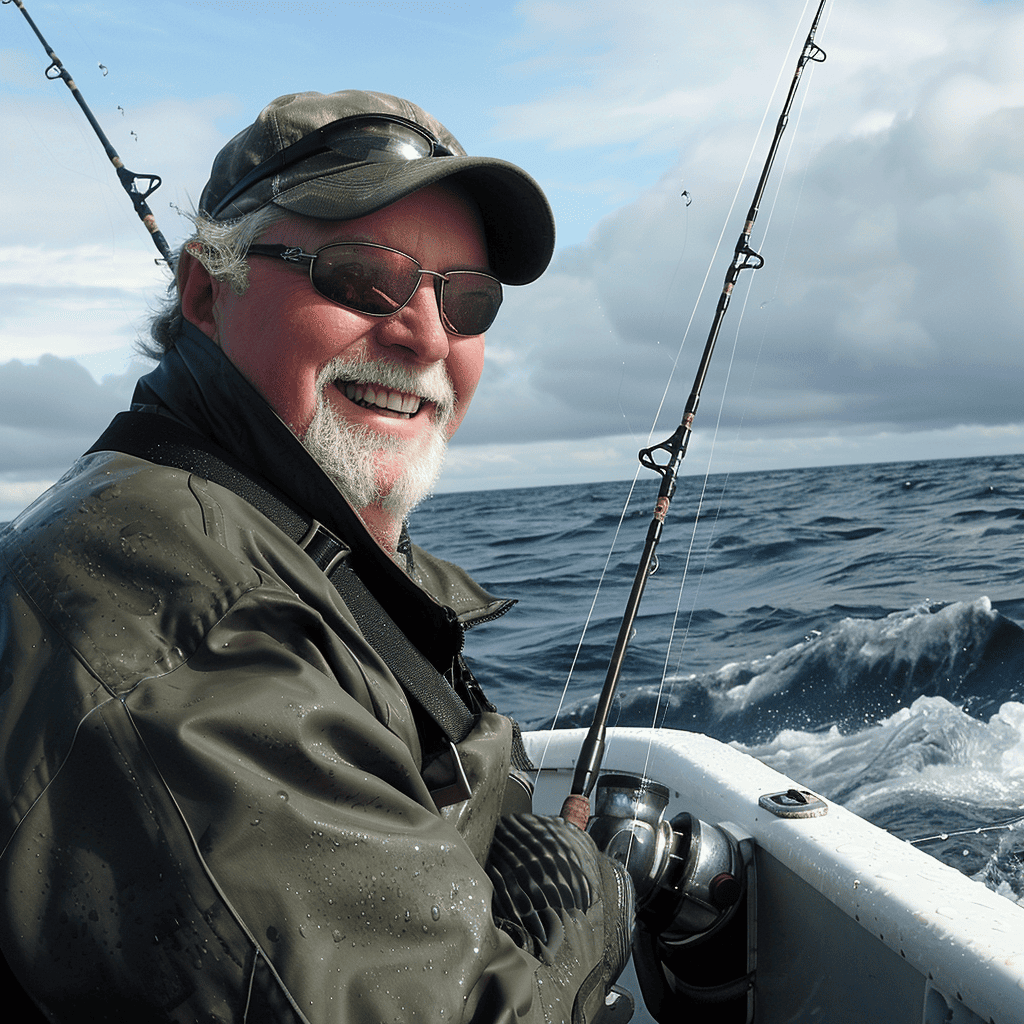
If you’re new to deep sea fishing or prefer a guided experience, consider booking a fishing charter. Charters offer expert guidance and equipment, making the experience hassle-free.
Experienced Captains
Fishing charters are led by experienced captains who know the best fishing spots and techniques. Their local knowledge can greatly increase your chances of a successful catch.
All-Inclusive Packages
Most charters provide all the necessary equipment, including rods, reels, bait, and safety gear. This means you can focus on the fun without worrying about logistics.
Group and Private Options
Charters offer both group and private options. Group charters are a great way to meet fellow fishing enthusiasts, while private charters offer a more personalized experience.
Making Memories
Deep sea fishing on the Oregon Coast is more than just a hobby; it’s an adventure that creates lasting memories. From the thrill of the catch to the joy of sharing a meal with loved ones, every moment is a treasure.
Capture the Moment
Don’t forget to bring a camera to document your adventure. Photos and videos of your fishing trip will be cherished for years to come.
Share Your Stories
Share your fishing stories with friends and family. Whether it’s the one that got away or the monster you reeled in, these tales are a vital part of the fishing experience.
Plan Your Next Trip
Once you’ve experienced the thrill of deep sea fishing, you’ll be hooked. Start planning your next adventure and explore new spots along the Oregon Coast.
Your Deep Sea Fishing Adventure Awaits
Deep sea fishing on the Oregon Coast offers an unparalleled adventure. From the thrill of the catch to the beauty of the ocean, it’s an experience that captivates the heart and soul. So, grab your gear, set sail, and create memories that will last a lifetime.
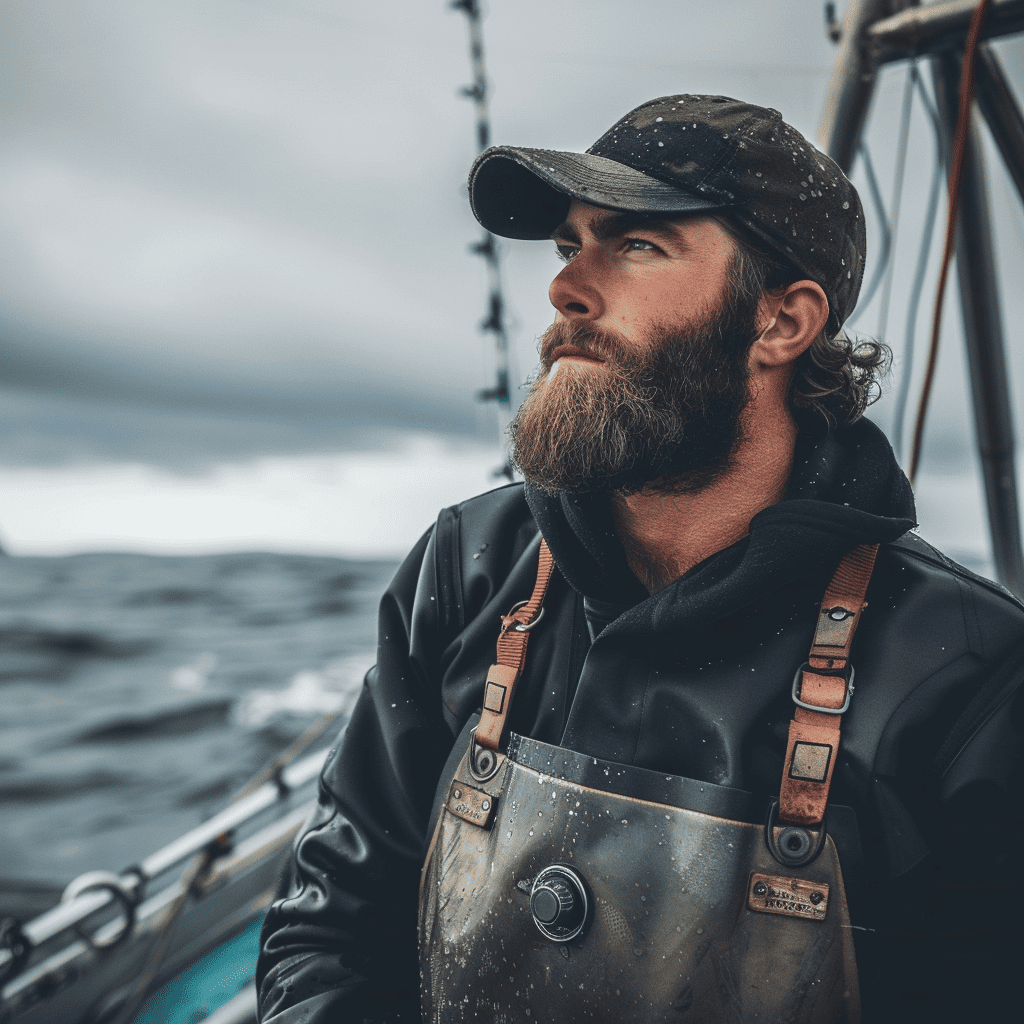
FAQ Deep Sea Fishing on the Oregon Coast
- What month is best for deep sea fishing?
- The best months for deep sea fishing on the Oregon Coast are typically from late spring to early fall, with peak times being June through September. This period offers the most favorable weather conditions and the highest abundance of fish species such as salmon, halibut, and albacore tuna.
- The best months for deep sea fishing on the Oregon Coast are typically from late spring to early fall, with peak times being June through September. This period offers the most favorable weather conditions and the highest abundance of fish species such as salmon, halibut, and albacore tuna.
- Can you go deep sea fishing in Oregon?
- Yes, you can go deep sea fishing in Oregon. The Oregon Coast is renowned for its excellent deep sea fishing opportunities, with popular locations including Newport, Depoe Bay, and Brookings.
- Yes, you can go deep sea fishing in Oregon. The Oregon Coast is renowned for its excellent deep sea fishing opportunities, with popular locations including Newport, Depoe Bay, and Brookings.
- How much is deep sea fishing in Oregon?
- The cost of deep sea fishing in Oregon can vary depending on the duration of the trip and the services provided. On average, a half-day trip can cost between 100 to 150 per person, while a full-day trip can range from 200 to 300 per person. Private charters may be more expensive.
- The cost of deep sea fishing in Oregon can vary depending on the duration of the trip and the services provided. On average, a half-day trip can cost between 100 to 150 per person, while a full-day trip can range from 200 to 300 per person. Private charters may be more expensive.
- Where is the best ocean fishing on the Oregon Coast?
- Some of the best ocean fishing spots on the Oregon Coast include Newport, known as the fishing capital; Depoe Bay, famous for its small harbor and rich fishing grounds; and Brookings, which offers warm currents and a variety of fish species.
- Some of the best ocean fishing spots on the Oregon Coast include Newport, known as the fishing capital; Depoe Bay, famous for its small harbor and rich fishing grounds; and Brookings, which offers warm currents and a variety of fish species.
- Do you need a license to ocean fish in Oregon?
- Yes, you need a fishing license to fish in the ocean in Oregon. Both residents and non-residents are required to have a valid Oregon fishing license, which can be purchased online or at local retailers.
- Yes, you need a fishing license to fish in the ocean in Oregon. Both residents and non-residents are required to have a valid Oregon fishing license, which can be purchased online or at local retailers.
- What do you wear to deep sea fishing in Oregon?
- It's important to dress in layers when deep sea fishing in Oregon due to the variable weather conditions. Wear a waterproof jacket, comfortable and quick-drying clothing, non-slip shoes, and bring a hat and sunglasses for sun protection. Don't forget sunscreen!
- It's important to dress in layers when deep sea fishing in Oregon due to the variable weather conditions. Wear a waterproof jacket, comfortable and quick-drying clothing, non-slip shoes, and bring a hat and sunglasses for sun protection. Don't forget sunscreen!
- What not to eat before deep sea fishing?
- Avoid eating heavy, greasy, or spicy foods before deep sea fishing as they can increase the likelihood of seasickness. Stick to light, bland foods such as crackers, bread, and fruits.
- Avoid eating heavy, greasy, or spicy foods before deep sea fishing as they can increase the likelihood of seasickness. Stick to light, bland foods such as crackers, bread, and fruits.
- Is deep sea fishing good for beginners?
- Yes, deep sea fishing can be good for beginners, especially if you go with a guided charter. Experienced captains and crew can provide instruction and assistance, making the experience enjoyable and educational for novices.
- Yes, deep sea fishing can be good for beginners, especially if you go with a guided charter. Experienced captains and crew can provide instruction and assistance, making the experience enjoyable and educational for novices.
- Why is deep sea fishing so expensive?
- Deep sea fishing is expensive due to the costs associated with maintaining and operating a boat, fuel, fishing gear, licenses, and the expertise of the crew. These factors contribute to the overall cost of the trip.
- Deep sea fishing is expensive due to the costs associated with maintaining and operating a boat, fuel, fishing gear, licenses, and the expertise of the crew. These factors contribute to the overall cost of the trip.
- Is deep sea fishing worth it?
- Many people find deep sea fishing to be worth it due to the unique and thrilling experience it offers. The opportunity to catch large fish, enjoy the beauty of the ocean, and create lasting memories makes it a worthwhile adventure for many anglers.
- Many people find deep sea fishing to be worth it due to the unique and thrilling experience it offers. The opportunity to catch large fish, enjoy the beauty of the ocean, and create lasting memories makes it a worthwhile adventure for many anglers.
- What weight is best for deep sea fishing?
- The best weight for deep sea fishing depends on the type of fish you're targeting and the fishing conditions. Generally, a fishing line with a weight capacity of 30-50 pounds is suitable for most deep sea fishing scenarios. Heavier lines may be needed for larger species like tuna or marlin.
Ready for More Adventures?
If you’re excited about deep sea fishing and want to explore more of what the Oregon Coast has to offer, don’t miss out on our guide to camping along the coast. Discover the best camping spots, tips, and more to make your coastal adventure unforgettable.


